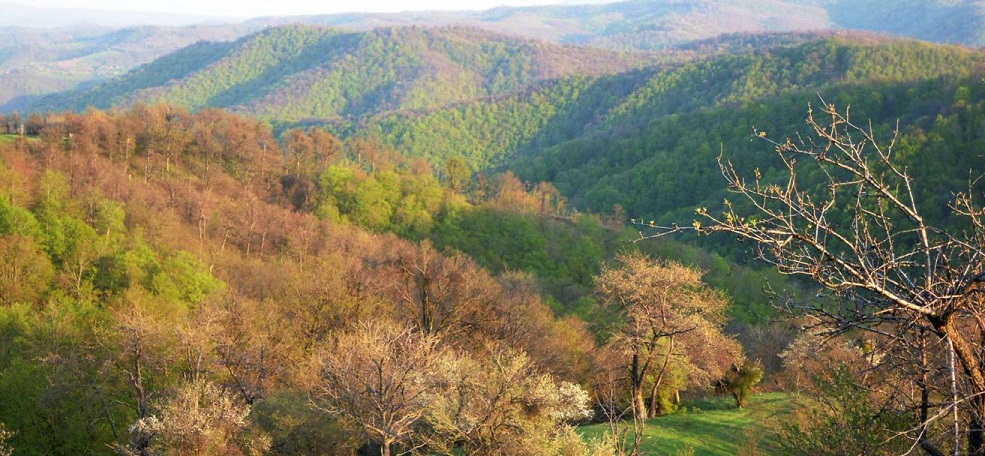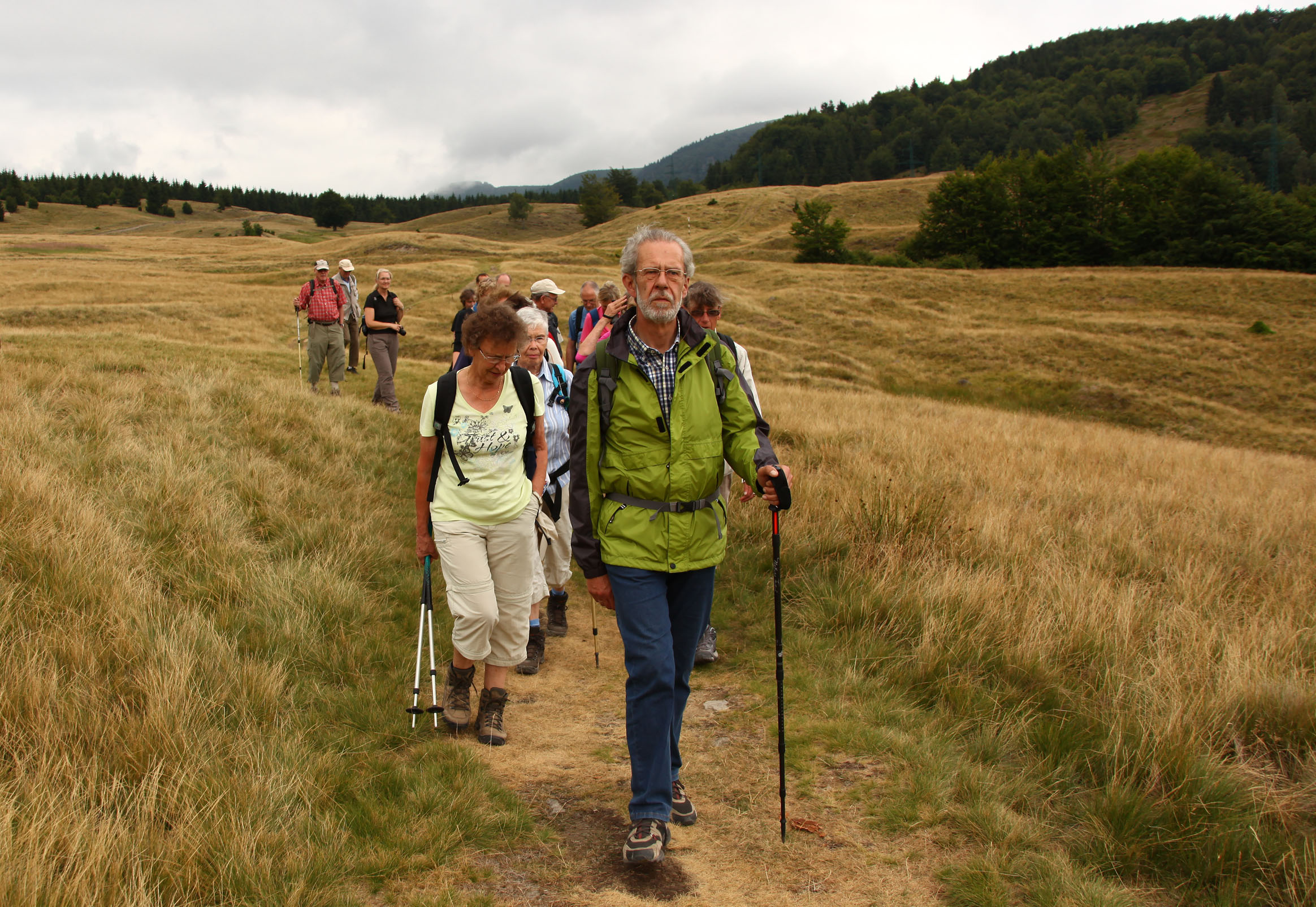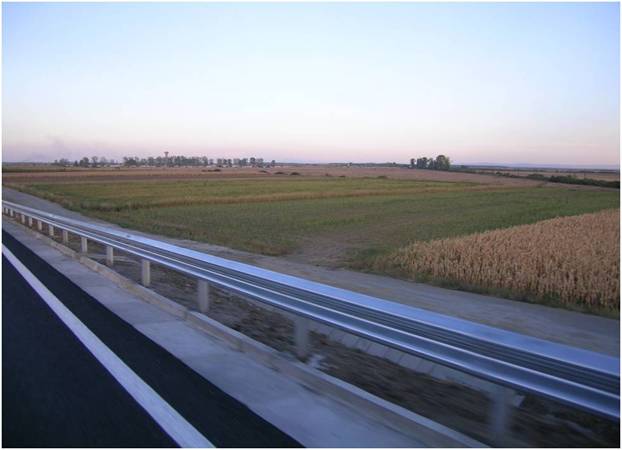Environmental sustainability represents a major theme in this project since using existing transport infrastructure will be promoted and mobility gaps closed by sustainable means of transport.
Detrimental effects of tourism and transport to the environment, such as noise, increased emissions and land-use will thus be avoided, respectively mitigated. A frame for "impact assessment" will be drawn up by developing a transport model to calculate traffic flows, resulting in a tool for regions and decision-makers for identifying environmental effects of (pilot) activities of the
work packages 4 and 5. One important result of the project will be raising the share of car-free (or car-reduced) tourism.
Involving in the project the Alpine and the Carpathian Conventions (through PP 6 EURAC) that aim at the sustainable development of both mountain regions and integrating project results in the policy process contribute further to the overall objective and durable results, a broad transfer and ongoing activities also after the project's end.
Recent activities

© Aleksandra Siljic
Study on traffic flows in Eastern Serbia
Based on the available data on geographic, environmental, transport and tourism settings, the study analyses existing and potential capacities and deficiencies of transport related to tourism in the Timok region, and proposes alternatives for future. Read more

© CIJT Maramureș
Study on traffic flows in Maramureș - an assessment of limitations and potentials
The „Study on traffic flows and on possible solutions in Maramureș County and the North of Eastern Carpathians – Romania” was designed as part of the project WP3 – Analysis, traffic flow models and follow-up tools, with the aim to present and analyse the accessibility components and traffic characteristics in the mountainous area of the Northern Romania. Read more

© UNICAM
The sustainability model for mobility management and planning
Within WP 3, a "sustainability model" based on the Systems Thinking/System Dynamics approach is being developed. The model will provide stakeholders a decision support by demonstrating environmental effects of transport and tourism related decisions in the regional development process. As a next step after the technical model development, the project partners and regional stakeholders will be trained to practically implement this tool. Read more and learn about the technical model development.